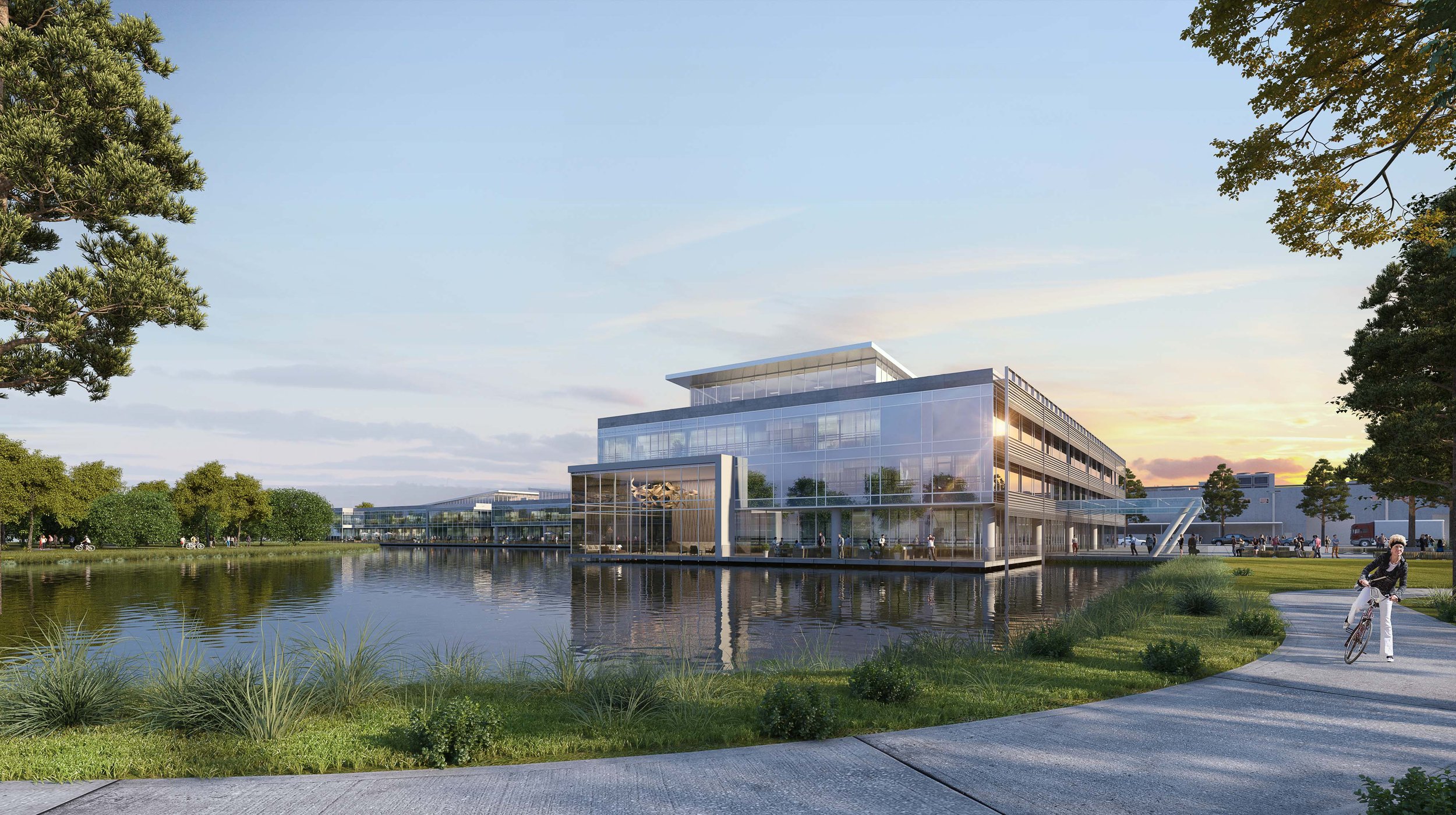Working Together to Crack the Code on the Future of Work
Published Sep 30, 2019 by Peter Beard
Peter Beard, the Greater Houston Partnership’s senior vice president for Regional Workforce Development, leads the Partnership’s UpSkill Houston initiative. Beard recently hosted a roundtable of representatives from the various sectors participating in UpSkill Houston – industry, K-12, higher education, and community development. Linda Aldred, senior vice president and chief human resources officer at Texas Children’s Hospital, participated in the roundtable. Her comments are excerpted below.
BEARD: What do you see changing as we build a regional workforce for the future?
ALDRED: As a human resources leader, I’ve participated in lots of conversations in which we ask hiring leaders, “Do you need four-year degrees? Learning is changing. Do you actually need certifications and/or people with specialized skills?“ But, to an organization, one of the first things on every job description is, “You must have a bachelor’s degree.”
Yet, when we ask our hiring leaders if they actually need someone with a four-year degree, they say “Maybe not, but isn’t that something you should have as your minimum qualification?” While the human resources profession encourages hiring leaders to look at skills differently, the systems our organizations have in place shut the door to people without bachelor’s degrees. That’s an old idea and an old system that we’re going to have to find a way to break through. Some of our organizations’ policies or procedures have been around for 25 plus years, and they don’t take into account the organization’s needs and the way young people or people at all ages want to learn.
Can you give me an example of another area where existing systems haven’t caught up to current needs?
A representative of a neighborhood organization recently was talking to me about why the Texas Medical Center hospitals don’t hire people she brings through her program. I asked about those individuals’ qualifications, and she told me the certifications and education she was sending them back to school to get. I said, “We don’t actually hire for those jobs anymore. Those jobs aren’t prevalent. If you’re churning out a lot of those folks, they’re going to have a tough time finding those roles.”
Then we had a great conversation around the Medical Center’s current needs. Nine months later she told me, “I shifted people in that different direction, and they were hired by Texas Medical Center hospitals.” She was frustrated that her folks weren’t breaking into health care, but they weren’t getting educated in skills we need.
How is Texas Children’s thinking about the workforce it will need in the next five to 10 years?
Organizations are not successful without talent. So, we’re all going to need to crack the code on what the future of work looks like. We have a choice. We can try to solve the issue on our own, within our own industry or within our own hospital, in the case of Texas Children’s. Or we can partner with others to say, “For Houston, the region, our neighbors, what does the future of work look like, so everyone prospers, and everyone succeeds?” As an organization, you would still be able to fulfill your need to grow or provide the right care to your patients, for example.
Working together through UpSkill Houston is a unique opportunity for us to consider questions about the future of work that everyone is trying to answer. Rather than solving the issues alone and only benefitting a particular organization or company, there’s real power in the common purpose.
How do you see employers benefitting from a common purpose?
Organizations need to come outside of their own four walls and say, “What’s our responsibility and accountability not only to grow the region, but also to take the opportunity to partner with educators and the community development agencies on what our organizations need, where they’re going, and ways we can attract, train, place, and grow people who will help us be successful?”
Not being involved in the common purpose means solving your talent crisis by yourself. Very few of us can accomplish that, unless we have lots of money to throw at the talent in our region. That’s not a sustainable model.
Solving our talent crises requires building partnerships to grow the talent that will make our organizations successful. UpSkill Houston breaks down barriers among employers, so we can have the conversations about how we are all better together.
This is one of a series of four Q&As with executives who participated in a roundtable hosted by UpSkill Houston. Don’t miss insights from executives from higher ed, K-12, and community development, also available online.
 The Houston Report
The Houston Report




















